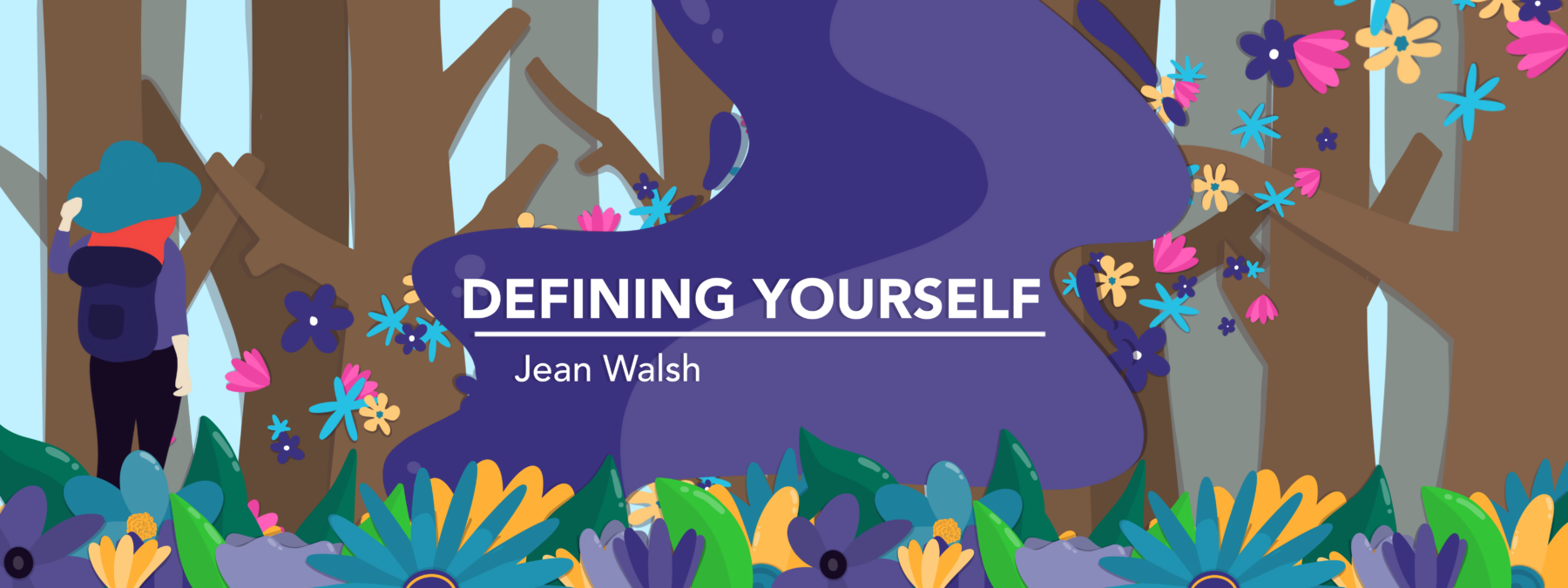After years of meditating, I’m now trying to practice mindfulness
FA poses challenges, but I'm encouraged by this practice's potential benefits
Written by |

My mind was whirring at what felt like 1,000 miles an hour. I had a paper due, a doctor visit out of state to plan, a dog to take to the vet, and more. I was swamped. All the thoughts swirling through my head were overwhelming me, and not one of them was helpful. Many just added to my to-do list. I wanted to find a way to not be so engaged with my thoughts, some of which were frighteningly inane.
At the time, I was studying for a degree in social work, so I knew meditation was a technique that could help mitigate those spiraling thoughts. I’ve now been meditating, using the Headspace app, for about seven years.
Through consistency and a daily practice of about 10 minutes, meditating has helped me feel overwhelmed less often. I still have racing thoughts, but I’ve learned not to make myself feel out of control by engaging with them. Everything that pops into my head is decidedly not brilliant!
Meditating may not seem like your thing, but it’s been proven to improve mental health in various ways. I recommend approaching it with a learner’s mind. You may not lose those racing thoughts entirely, but the practice can help you get less caught up in them. Meditator is another way I proudly define myself.
A couple years ago, I found I wanted to be even less besieged by my day-to-day life, so I decided to take my practice one step further and work on mindfulness. This type of practice, also proven to offer various health benefits, focuses on being present in the moment, which may help people feel more tranquil.
Yes, please to more tranquillity. I wanted that.
Being mindful with FA is challenging
I try to stay in the moment, but my brain is often in the future. The disease I have, Friedreich’s ataxia (FA), means I always have plenty of planning going on in my head: Is that restaurant we’re meeting friends at really wheelchair-accessible? What do I need to do to be safe in the shower? Will I fall? How am I getting to my next physical therapy appointment?
I think a lot about avoiding falls because FA results in loss of coordination and lower body strength. Other chronic diseases tend to entail lots of planning as well.
Then there are the bleaker days when I wonder where I’ll be in 10 years in terms of mobility, functionality, and health with my degenerative disease. (Thinking about the future is much less scary now that there’s an approved treatment for FA.)
Equally bleak, I’ll compare my current abilities with what I was able to do 20 years ago. While thinking about the past and future is an understandable part of living with FA, it’s not enhancing the life I need to live now.
Another obstacle I face is that, sometimes, focusing on the now does not make me feel tranquil. I’ve spent many hours on the floor — uninjured, don’t worry — waiting for help to get up. During these times, I’ve found it’s better to laugh at a video or enjoy some tunes rather than being preoccupied with the floor, how uncomfortable my butt is, or the headache I have.
I do have reliable moments of mindfulness; when I’m having face-to-face conversations or gardening, I’m almost always present. However, I’ll also have moments where, for example, I’ll be “wheeling” my dog (I use a wheelchair and don’t walk) and be oblivious to the natural beauty around me because my mind is busy planning how I’ll safely navigate that next frost heave.
I’m just going to keep plugging away at trying to be mindful. When I’m living in the moment, I feel more peaceful and joyful. On those occasions, I’m tranquil. I’m hopeful mindfulness will help keep me from being preoccupied with my health, the future, and the past.
But as I try to be more mindful, I’m also going to grant myself grace. I don’t need to be present all the time, such as when I’m planning ahead so I don’t fall or when I need to distract myself from the day-to-day tediousness of FA.
I wouldn’t define myself as mindful just yet.
Note: Friedreich’s Ataxia News is strictly a news and information website about the disease. It does not provide medical advice, diagnosis, or treatment. This content is not intended to be a substitute for professional medical advice, diagnosis, or treatment. Always seek the advice of your physician or another qualified health provider with any questions you may have regarding a medical condition. Never disregard professional medical advice or delay in seeking it because of something you have read on this website. The opinions expressed in this column are not those of Friedreich’s Ataxia News or its parent company, Bionews, and are intended to spark discussion about issues pertaining to Friedreich’s ataxia.






Leave a comment
Fill in the required fields to post. Your email address will not be published.